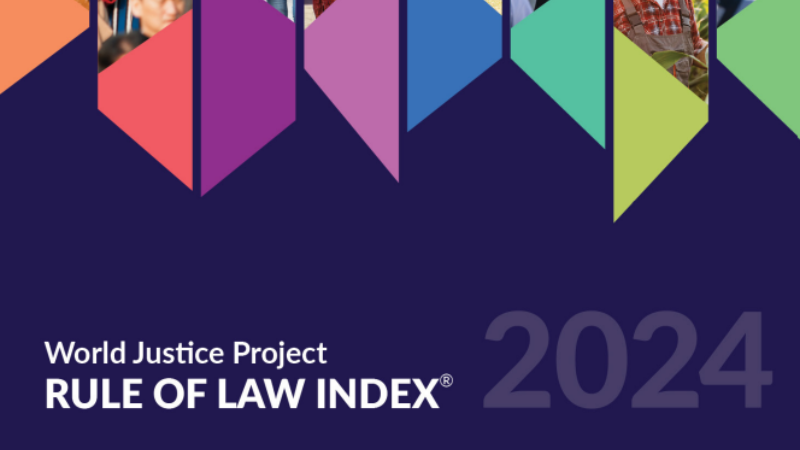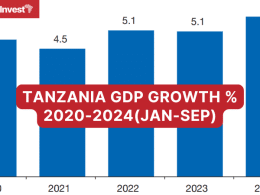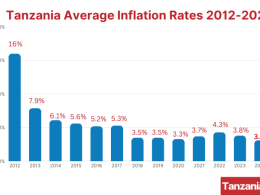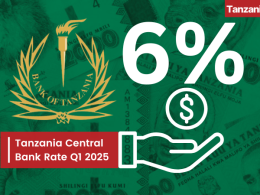In October 2024, the World Justice Project (WJP) released the WJP Rule of Law Index 2024, ranking Tanzania 96th out of 142 countries, a two-position improvement from the previous year.
The WJP Rule of Law Index is an assessment tool that measures the rule of law across various countries.
The Index measures countries’ adherence to rule of law principles like accountability, rights protection, and access to justice providing independent data to help stakeholders assess governance and legal systems across 142 countries.
This index provides an analysis of Tanzania’s current status across various sectors, including the economy, governance, social indicators, and environmental challenges, while incorporating relevant rankings and statistics.
Governance and Rule of Law
According to the WJP Rule of Law Index 2024, Tanzania scored 0.47, ranking 96th globally out of 142 countries.
In regional terms, Tanzania ranks 12th out of 34 countries in Sub-Saharan Africa and 15th out of 37 countries among lower-middle-income nations.
In terms of constraints on government powers, Tanzania ranks 79th globally, 11th regionally, and 9th among lower-middle-income countries. For the absence of corruption, it ranks 93rd globally, 13th regionally, and 12th among lower-middle-income nations.
The country ranks 113th globally for open government (18th regionally and 23rd among its income peers), while in fundamental rights it stands at 112th globally (21st regionally and 20th among lower-middle-income countries). For order and security, Tanzania ranks 83rd globally (10th regionally and 12th among lower-middle-income nations). In regulatory enforcement, it ranks 101st globally (17th regionally and 17th among its income peers).
For civil justice, Tanzania is ranked 90th globally (13th regionally and 14th among lower-middle-income countries), while for criminal justice it ranks 94th globally (15th regionally and also 15th among lower-middle-income nations).
Key Observations & Challenges
Tanzania made its best improvement in the area of Constraints on Government Powers and declined in the category of Open Government, and Fundamental Rights.
This variation suggests that while Tanzania has been making progress in some domains, there is room for improvement in transparency, human rights protections, and open governance.
Rule of Law in Tanzania
Tanzania upholds the rule of law through its Constitution, independent judiciary, and a legal system based on a combination of customary, common, Islamic, and statutory law. The Constitution (1977) provides the framework for governance, ensuring the separation of powers between the executive, legislature, and judiciary.
However, the Legal and Human Rights Centre (LHRC) has highlighted ongoing abuses, such as the unlawful actions taken by government officials that undermine established legal frameworks in Tanzania.
In response to these challenges, the Tanzanian government has expressed a commitment to enhancing the rule of law as part of its development agenda.
Despite these positive developments, challenges to the rule of law persist. According to Freedom House, politicized courts continue to enforce laws that undermine human rights, and these laws are often selectively invoked to maintain government power. Lower-level courts, in particular, are prone to such practices.










